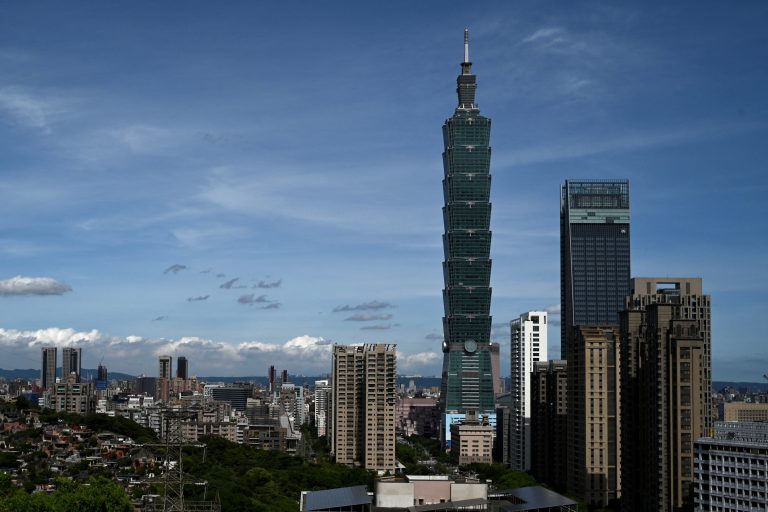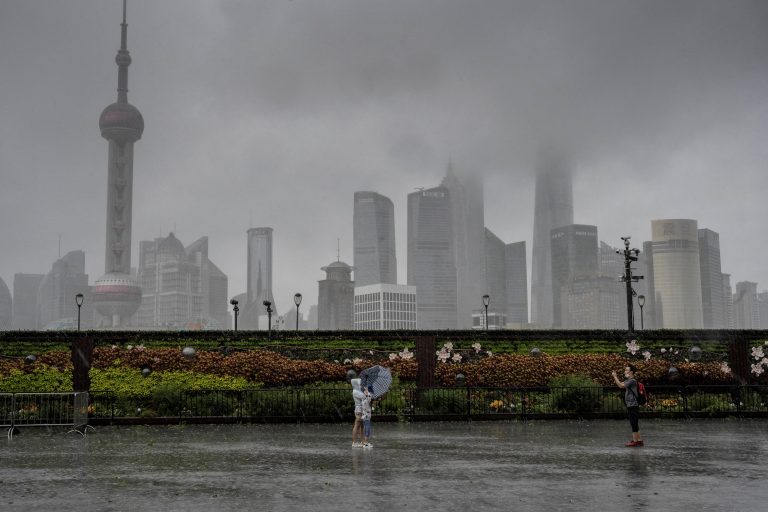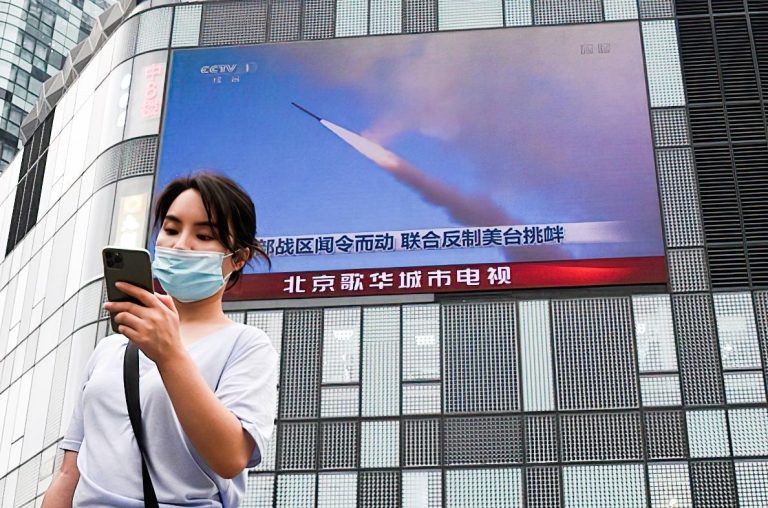Commentary
All eyes are on Taiwan, as the island roughly the size of Maryland, fights to keep its sovereignty intact amid relentless pressure and harassment from the communist People’s Republic of China (PRC).
A tumultuous history
The history of today’s Taiwan — officially known as the Republic of China (ROC) — begins in 1949, when the ROC, which once governed all of China, was defeated on the mainland by communist rebels but survived on Taiwan.
In 1971, United Nations representatives voted to remove Taiwan and establish Beijing as a permanent member, favoring the People’s Republic of China as the official representative of China instead.
As a result of Beijing’s campaign to isolate the island, Taiwan has not been invited to the annual World Health Assembly, the World Health Organization’s decision-making body, since 2017.
Success
You are now signed up for our newsletter
Success
Check your email to complete sign up
Taiwan has remained a sore spot for the CCP since its inception, with the latter viewing the island as an “integral” part of PRC territory and vowing to take it by military force if necessary.
China has been increasing its military presence near Taiwan and the Senkaku Islands of Japan, claiming these regions to be its territory. Japanese authorities have accused Chinese Coast Guard vessels of intruding into its territorial waters 88 times between Jan. 1 and the end of August.
Chiu Kuo-Cheng, Taiwan’s defense minister, said on Oct. 6 that the CCP’s armed forces — the People’s Liberation Army — would be fully prepared for a full-scale invasion of the island by 2025.
He said: “By 2025 China will bring the cost and attrition to its lowest. It has the capacity now, but it will not start a war easily, having to take many other things into consideration.”
Growing international support
Beijing’s aggression towards Taiwan and its surrounding territories have not gone unnoticed by the rest of the world.
On Oct. 26, U.S. Secretary of State Antony Blinken issued a statement in support of Taiwan and suggested that the island should be allowed to participate in the U.N.
“Taiwan’s exclusion undermines the important work of the UN and its related bodies, all of which stand to benefit greatly from its contributions… That is why we encourage all UN member States to join us in supporting Taiwan’s robust, meaningful participation throughout the UN system and in the international community.”
When asked whether the United States would come to Taiwan’s defense if the People’s Republic of China attacked, President Joe Biden replied with: “Yes, we have a commitment to that.”
Speaking at this year’s East Asia summit, which was held virtually on Oct. 26, President Biden reiterated his support for the resilient small nation, saying the United States was “deeply concerned by China’s coercive and proactive actions across the Taiwan Strait,” emphasizing that “they threaten regional peace and stability.”
Other countries have also joined in the support of Taiwan, with the European parliament voting 580 to 26 on Oct. 21 requesting the European Commission to “urgently begin an impact assessment, public consultation and scoping exercise on a bilateral investment agreement” with Taiwan.
Beijing snaps back
Chinese Premier Li Keqiang who also attended the East Asia summit, told leaders in attendance that upholding peace, stability, freedom of navigation and overflight over the China Sea was in everyone’s interest. Ending the remark with: “The south china sea is our common home.”
The CCP quickly expressed displeasure over Washington’s support for Taiwan, with the PRC claiming that it is the legitimate successor of the ROC and the true representative of Chinese people.
Ma Xiaoguo, spokesman for the Taiwan Affairs Office in Beijing, explained: “Taiwan has no right to join the United Nations, the UN is an international governmental organization composed of sovereign states… and Taiwan is a part of China.”
Shortly after the EU’s lawmakers push for closer ties with Taiwan, PRC foreign ministry spokesman Wang Wenbin responded with: “The EU Parliament should immediately stop words and actions that undermine China sovereignty and territorial integrity.”
Taiwan president: China is ‘a very different country’
Taiwan’s pro-independent president Tsai Ing-wen acknowledged President Biden’s support during an exclusive interview with CNN, saying she felt confident that the United States and other democratic nations would help defend Taiwan should it become necessary.
She emphasized: “When authoritarian regimes demonstrate expansionist tendencies, democratic countries should come together to stand against them.”
Tsai also highlighted the “wide range of cooperation with the US aiming at increasing our defense capability,” particularly the military training provided to Taiwanese forces by American intelligence.
She explained: “We have a system that is inherited from China, which is a very different country… The way you defend a big piece of land is different from the way you protect a small island, so we have to change the traditional thinking about how a military should be structured.”
Still, Tsai added that she would not discard the possibility of improved relations with Beijing, saying she would be willing to sit down with Chinese leader Xi Jinping to reduce misunderstandings and make arrangements to enable a peaceful co-existence between the two.
A global role model and global beacon of success
Taiwan has become a shining example of what effective governance, transparency and democracy can achieve.
A featured article written by Tsai published by Foreign Affairs emphasized Taiwan’s fundamental embrace of democracy as the reflection of a choice made by Taiwanese people after decades of strife under authoritarian rule.
Despite decades of isolation following Taiwan’s exclusion from the UN, Taiwan has managed to tap into resourceful global connections, resulting in thriving local businesses; world-renowned cuisine and pioneering work in fields of biochemistry and hospitality.
“Taiwan’s strong record on democracy, gender equality, press and religious freedom has made it a home for a growing number of global nongovernmental organizations,” Tsai wrote.
The report also highlighted Taiwan’s world-class response to the COVID-19 pandemic, praising its ultra efficient approach at keeping the pandemic at bay through effective control measures and transparency. As a result, no large-scale outbreaks were reported within its borders and Taiwanese residents were able to largely maintain normal lives while the pandemic ravaged most of the world. Secretary of State Antony Blinken praised Taiwan for its world-class response to the pandemic and expressed disappointment that although “Taiwan participated robustly in certain UN specialized agencies for the vast majority of 50 years, Taiwan was not at the World Health Assembly.”













